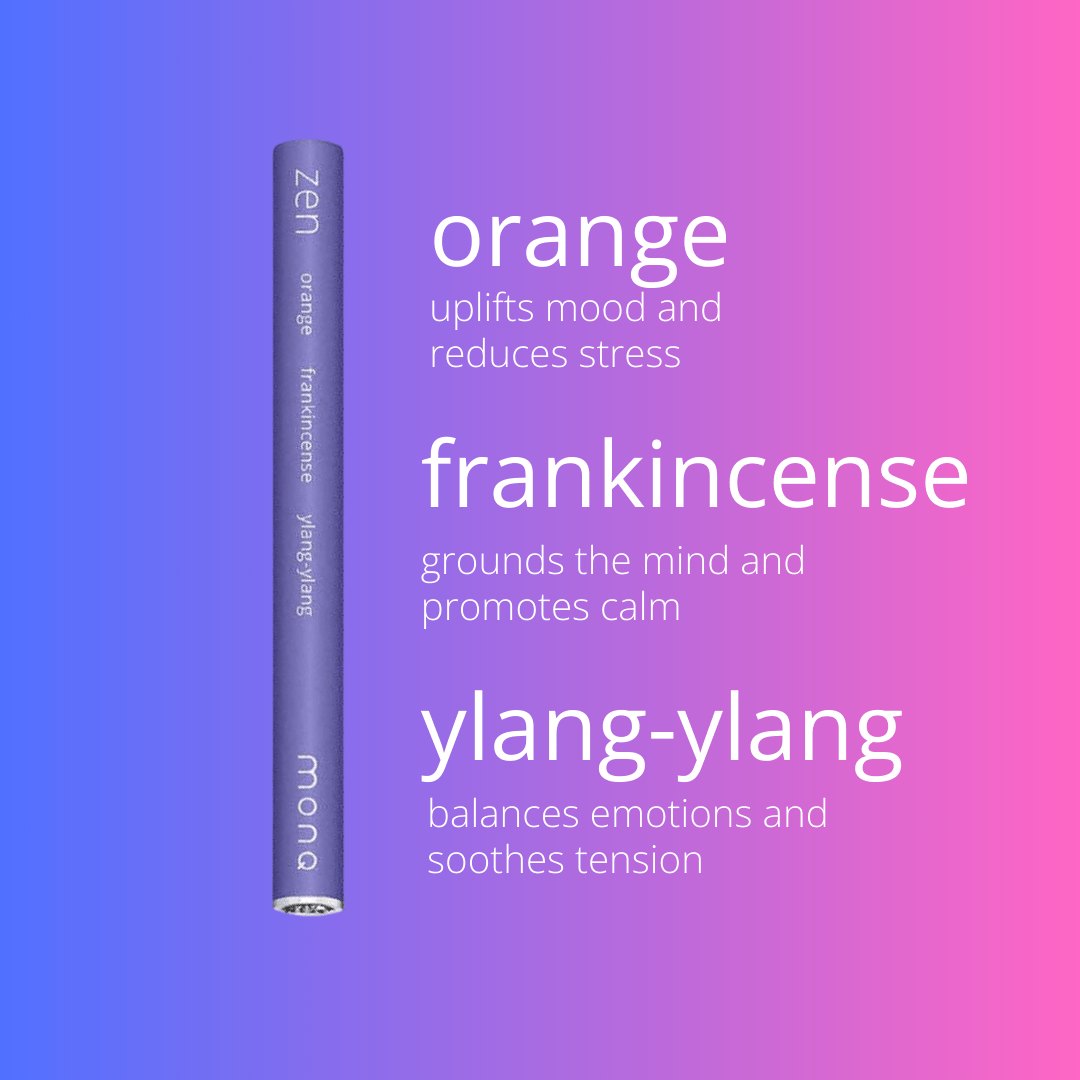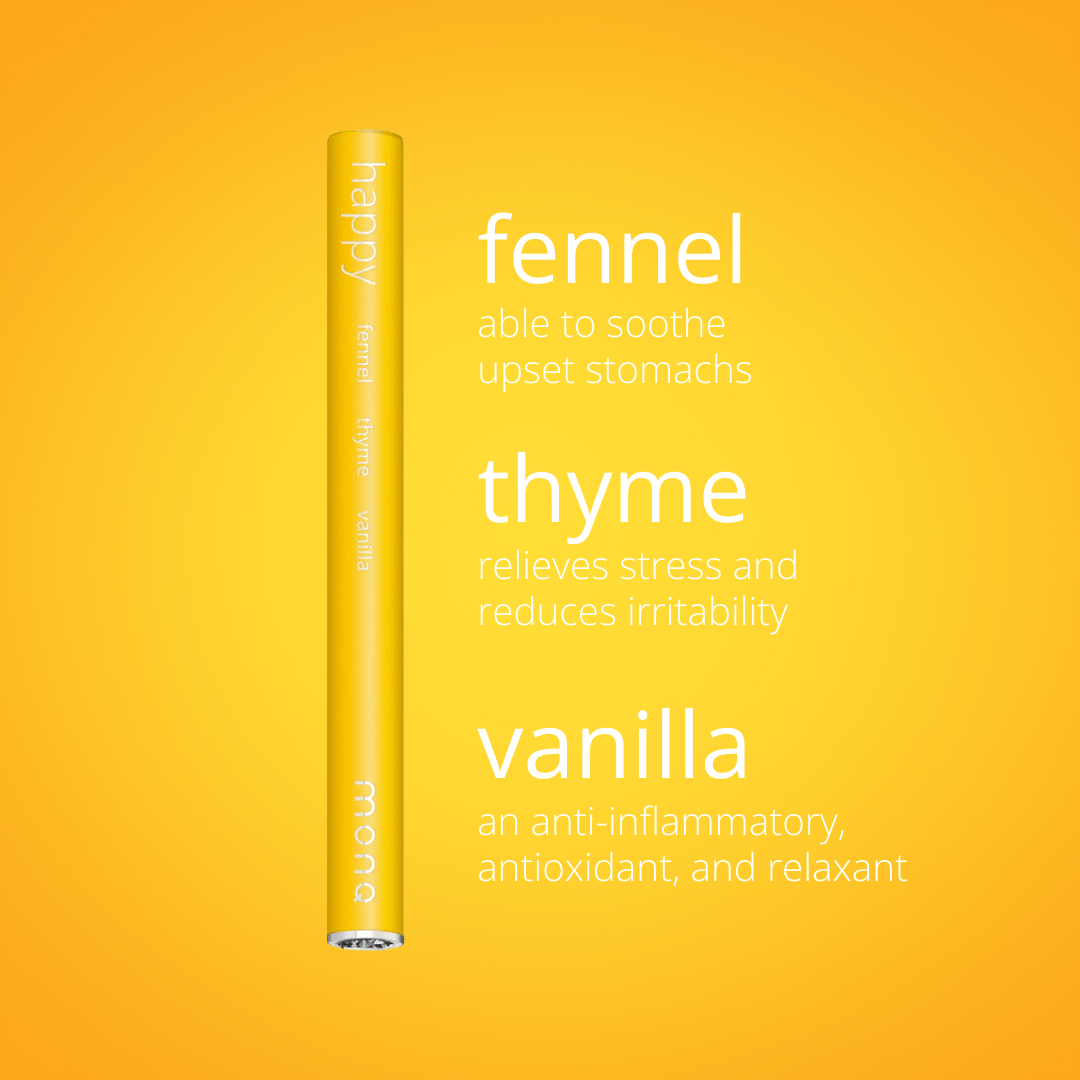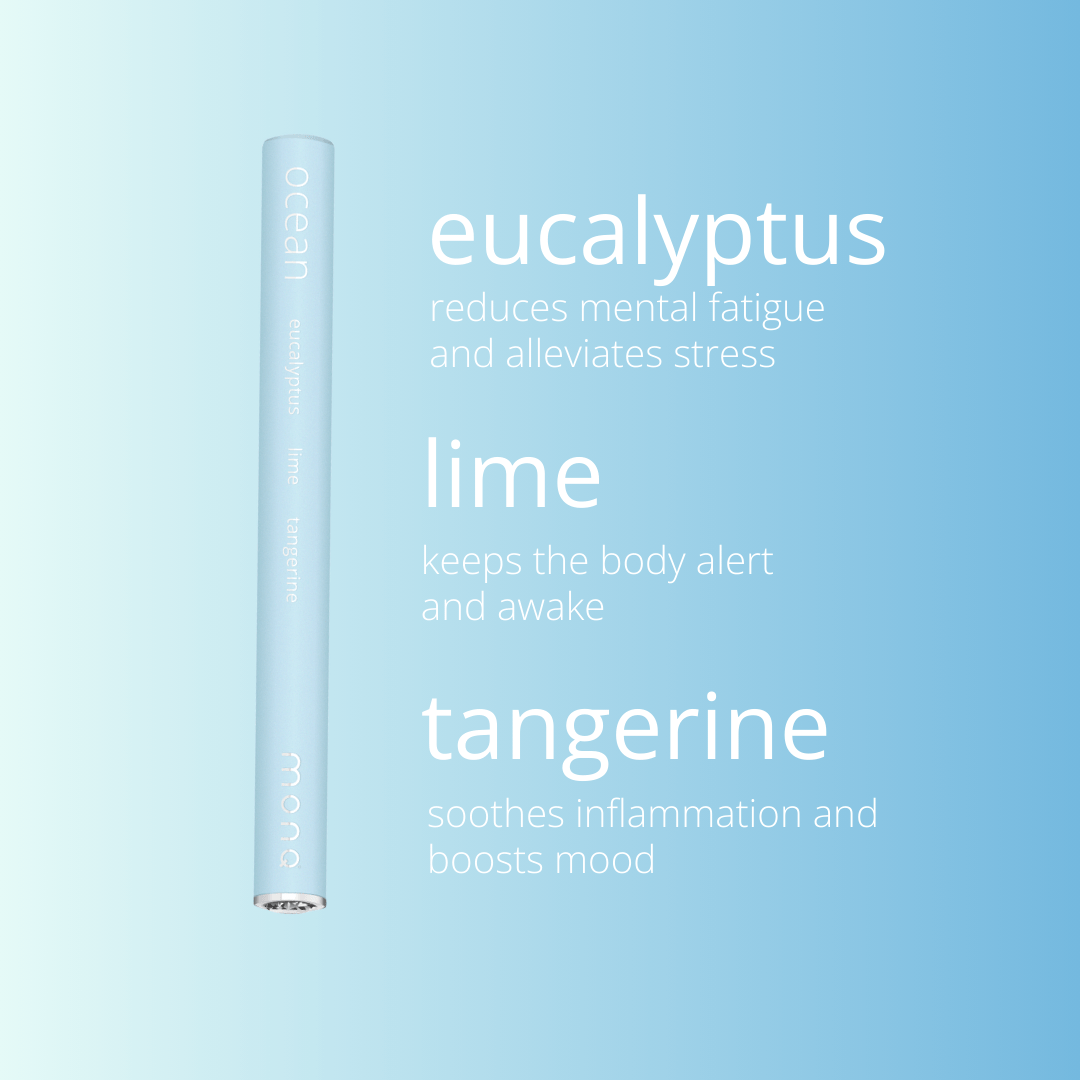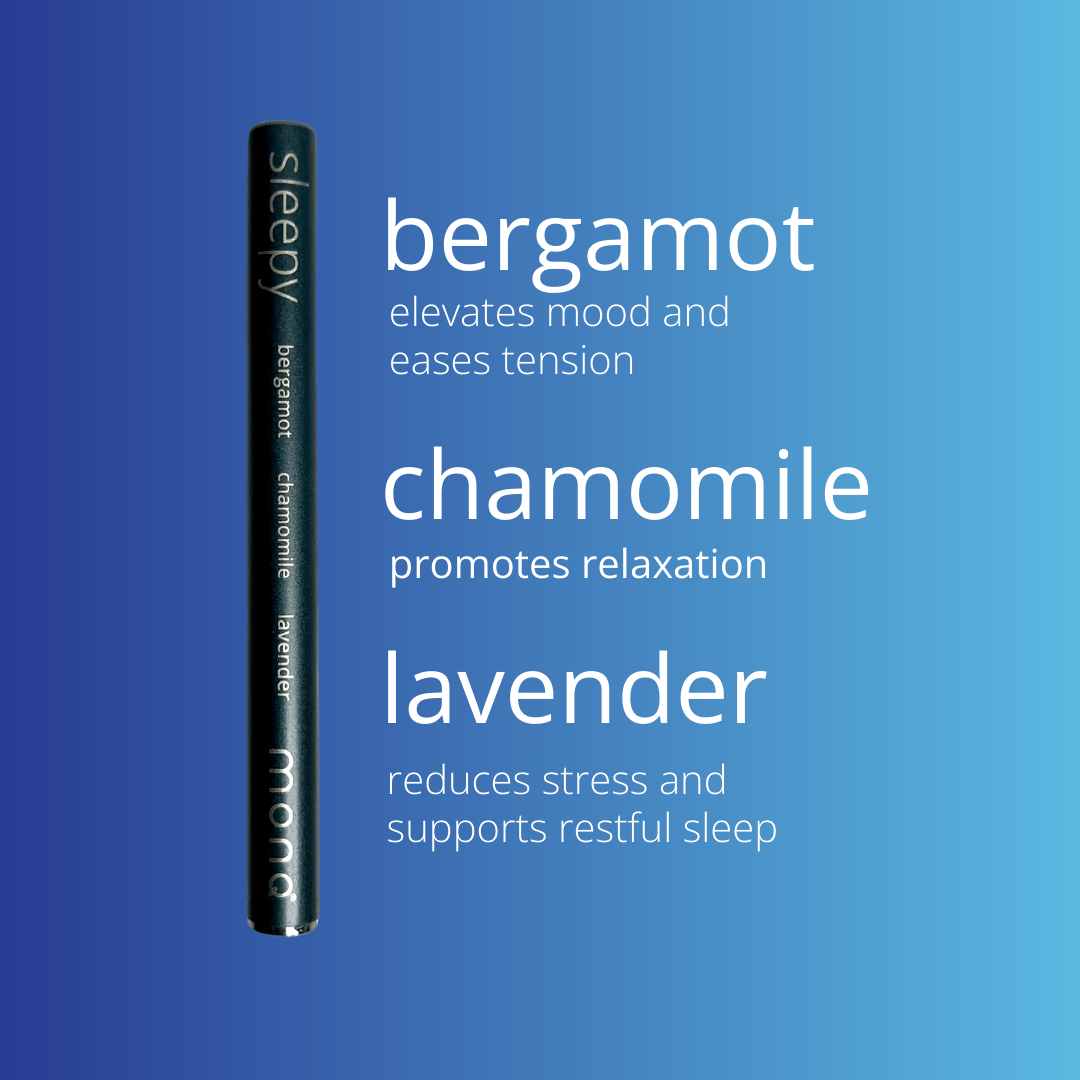Reconnect with Terpenes

Have you ever taken a walk through the woods and instantly felt a sense of calm wash over you? Many people seek solace in nature when the city becomes too overwhelming, and there's a scientific reason behind this. Plants release beneficial compounds called terpenes and secondary metabolites that may positively impact both physical and mental health. Our ancestors evolved alongside these plants, thriving in environments rich in these natural compounds. However, with the rise of industrialization and urban living, many of us have lost touch with these essential elements.
The Role of Terpenes
Plants produce primary and secondary metabolites. While primary metabolites are crucial for photosynthesis, secondary metabolites, such as terpenes, are used for defense and other functions. Reconnecting with nature helps bring our bodies back to a state of balance.
Forest Bathing: Nature's Therapy
Feeling a bit off lately? A walk through a forest might help. "Forest bathing," a practice popular in Japan, involves taking a mindful walk through a forest and breathing in the beneficial terpenes released by plants.
A 2017 study published in the International Journal of Environmental Research and Public Health examined the effects of forest bathing on 128 individuals. Participants experienced significantly lower levels of anxiety, tension, anger, fatigue, and sadness after a two-hour forest bathing session in Taiwan . Another meta-analysis from the same year reviewed 20 studies involving 732 volunteers and found that forest bathing significantly lowered blood pressure and promoted overall wellness, heart health, mood, energy levels, and discomfort reduction .
Bringing Nature to You with Herbal Essential Oils
For those who can't easily access a forest, essential oils offer a convenient alternative. All plants produce terpenes, and essential oils capture these compounds in a concentrated form. Here's how some popular essential oils can help:
Cinnamon Bark Essential Oil
Cinnamon bark essential oil contains cinnamaldehyde, caryophyllene, cinnamyl acetate, linalool, and eugenol. These compounds have antifungal, antibacterial, analgesic, and anti-inflammatory properties, that may help to prevent infections and relieve discomfort. Diffuse cinnamon bark essential oil or simmer cinnamon sticks in water to enjoy its benefits.
Basil Essential Oil
Basil essential oil is rich in alpha-pinene, beta-pinene, camphene, camphor, geraniol, limonene, linalool, and myrcene. These terpenes are believed to boost memory, support the respiratory system, and have antifungal, analgesic, antioxidant, and anti-inflammatory properties. Add fresh basil leaves to tea or diffuse the essential oil to reap its benefits.
Thyme Essential Oil
Thyme essential oil contains p-cymene, alpha-pinene, alpha-thujene, linalool, borneol, and carvacrol. These compounds are believed to be antimicrobial, antifungal, analgesic, and anti-inflammatory, which may help to improve memory and reduce discomfort. Brew thyme tea or diffuse the oil for its health benefits.
Rosemary Essential Oil
Rosemary essential oil is known for its 1,8-cineole, alpha-pinene, borneol, bornyl acetate, camphene, camphor, and limonene content. It may improve mental clarity, respiratory health and digestion. Add rosemary to a warm bath or diffuse the oil to enjoy its therapeutic effects.
Lavender Essential Oil
Lavender essential oil contains alpha-pinene, camphor, limonene, linalool, linalyl acetate, and caryophyllene. It's renowned for its calming effects, with potential to improve sleep quality. Place fresh lavender in your home or diffuse the essential oil to create a relaxing environment.
Peppermint Essential Oil
Peppermint essential oil's signature aroma comes from menthol, which has antifungal, antibacterial, analgesic, and cognitive-boosting properties. It also contains menthone, which many believe enhances cognitive function. Brew peppermint tea or diffuse the oil to benefit from its invigorating effects.
Using Aromatherapy to Enhance Well-being
Combining different essential oils can enhance their therapeutic benefits, providing a synergistic effect. Whether using a personal aromatherapy diffuser or diffusing oils at home, incorporating essential oils from herbs and spices into your routine can help bring the benefits of nature to you.








Leave a comment